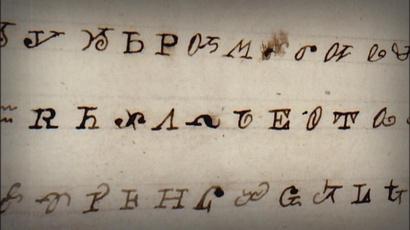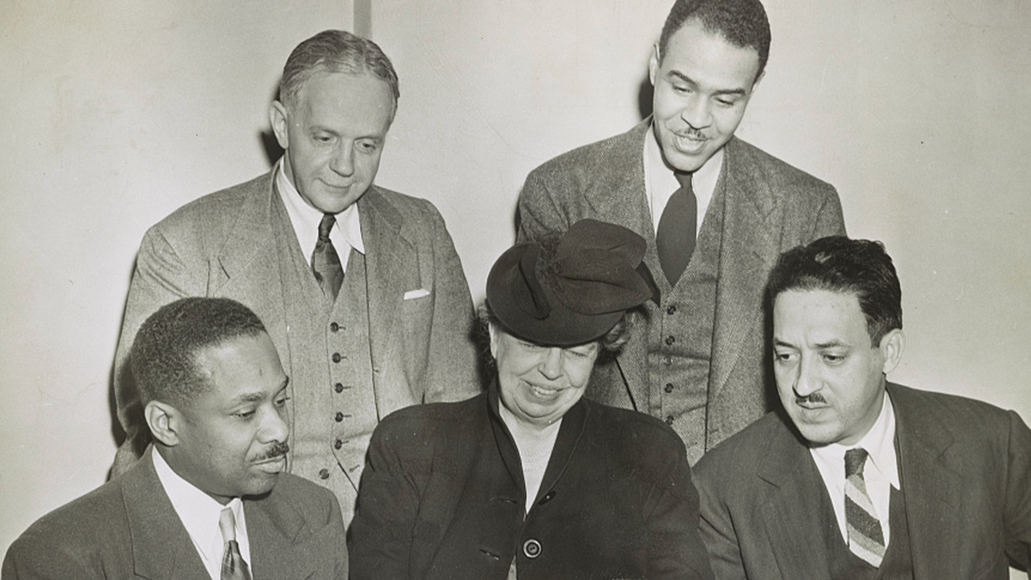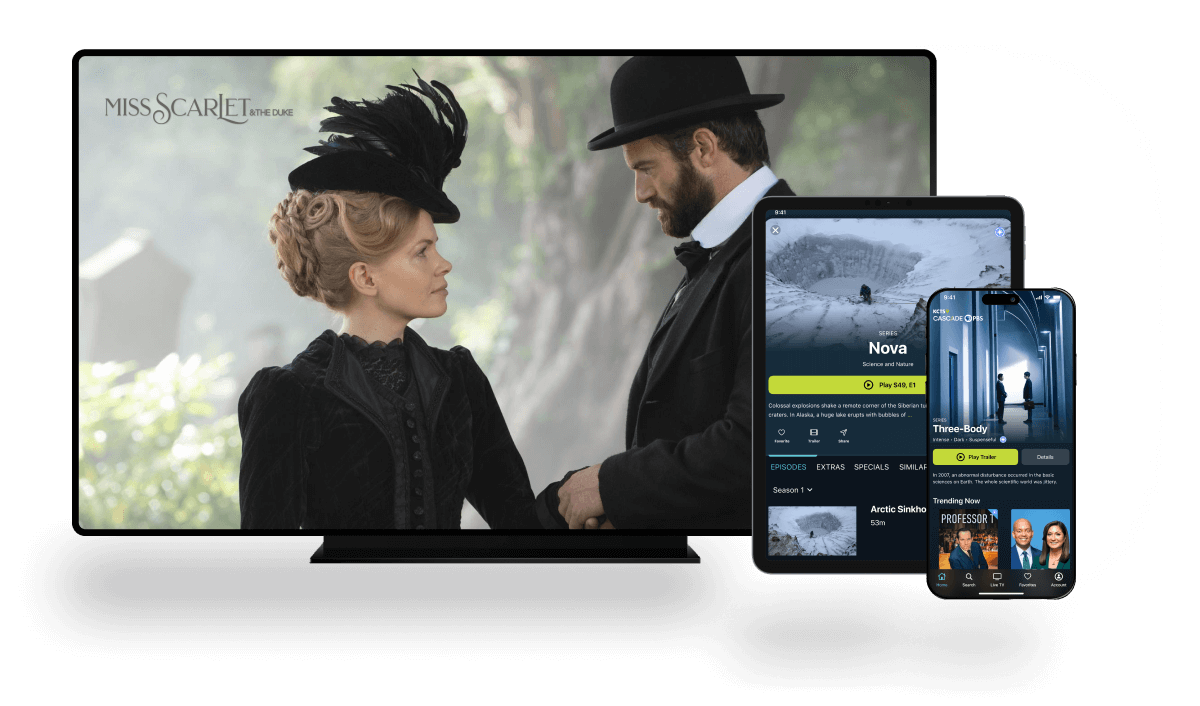Watch Clip

Creating a Written Alphabet for the Cherokee
1m 17s
Sequoyah was devoted to enabling the Cherokee people to have the power that comes with a written language, a power held by the white man. Though he couldn't read or write in another language, Sequoyah invented an efficient language for the Cherokee.





























